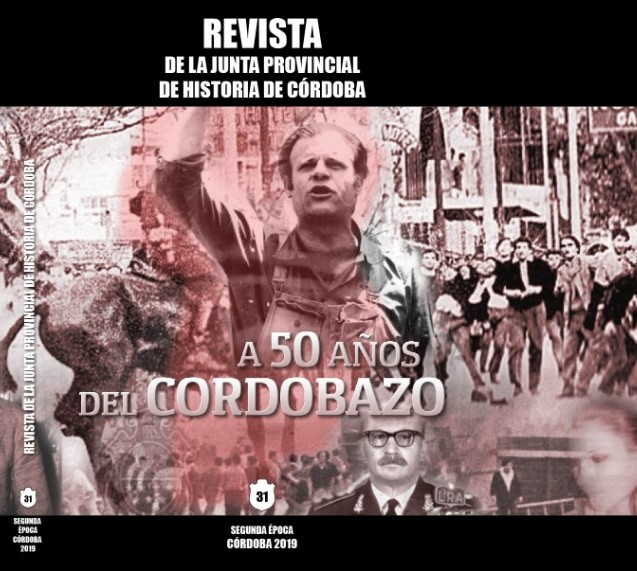The Latin American student movement the end of the 1960s and the arcusian mandatory imprint
Main Article Content
Abstract
In Latin America during the 1960’s the student movement was a notable activism in the growing purposes structurally transform the world and society, while the flags of Maoism and guevarism were deployed to the four winds. Us we will stop in various disruptive outbursts: since the night of Tlatelolco and the Autonomous University of Sinaloa in Mexico - to the multisectoral uprisings of the Tucumanazo in the Republic of Argentina and the Cordobazo. On the other hand, we compendiaremos the theoretical background epochal that emerges from the symptomatic work of Herbert Marcuse.
One of the highest peaks in the student turmoil occurred during 1968 in one of the few Latin American countries such as Mexico, has precious keep full constitutional protections and the rule of law. Following the thesis of the subversive plan, Mexican authorities adopted a tough attitude against the sector that could be more involved in altering the prevailing order: Mexican students in middle and higher education, which reacts to the persecution officer armando several mass demonstrations resulting in prisons, torture and a brutal massacre carried out in the plaza of the three cultures of Tlatelolco during the night of October two. On the other hand, the Cuban revolution, the most advanced approaches of the Mexican Revolution, were some of the ferments coming to Sinaloa to listen to the tendency of the more advanced positions on recent French may: mentioned, as history and reference. Mentioned, is how history and about town, argentina 1918 reform headed as universal right to direct participation of students in the conduct of the University.
Article Details
How to Cite
References
BIAGINI Hugo (dir.), Diccionario del pensamiento alternativo.
Adenda, Buenos Aires, Biblos, 2015.
• CAZES Daniel, Crónica 1968 México, Plaza y Valdés, 1993.
• HABERMAS J. et al., Respuestas a Marcuse Barcelona, Anagrama,
1969.
• NOVO Salvador, “Adán Desnudo”, en M. A. Campos y A. Toledo
(comps.), Poemas y narraciones sobre el movimiento estudiantil
de 1968 México, UNAM, 1998.
• MARCUSE Herbert, Psicoanálisis y política Barcelona, Península,
1970.
• PONIATOSWSKA Elena, La noche de Tlatelolco México, ERA,
1966.
• SILVA HERZPG J., Una historia de la universidad de México y sus
problemas México, Siglo XXI, 1986.
